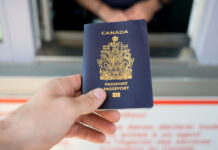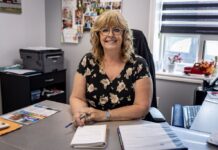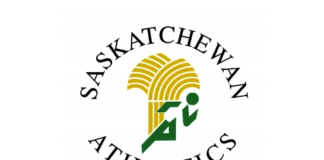
A Stop Racism Youth Leadership Workshop was delivered in Swift Current on March 10, with participants learning a poignant message of tolerance and understanding.
This is the third time the workshop has been presented in the Southwest, and the focus of the day is on learning about different cultures, stereotypes, and learning cautionary lessons from discrimination experienced by others.
Rhonda Rosenberg, Executive Director of the Multicultural Council of Saskatchewan, said the anti-racist work and multicultural work they do is vitally important.
“We’re living in a climate right now where every day I listen to the news and racism features in it in one way or another, which is unfortunate. But it makes this kind of work even more important.”
She quickly replied that even in 2017 this type of workshop is important.
“Absolutely. Perhaps more than ever in an overt kind of way that we’re seeing the comments that were made on social media when Colton Boushie was killed in August showed us that people are feeling there is a more permissive climate for expressing racism in a way that there hasn’t been in a while. Also in the wake of the shooting at the Mosque in Quebec City in January. Muslims in our community, some of them are feeling unsafe in Canada for the first time.”
Last Friday’s workshop was hosted by the Multicultural Council of Saskatchewan and Southwest Newcomer Welcome Centre, and a group of 120 students participated from seven area schools.
Rosenberg said it is important to reach out to kids with this stop racism message.
“Young people have a really strong sense of fairness and justice. They’re very aware of things that are going on in their own lives and even more so today with social media, the world.”
Participants were challenged to understand the impacts of racism, but also to come to an understanding about the diverse cultures people are now from across the Southwest.
“We really need to see the humanity in everyone. And at the same time as that we need to pay attention to the very real differences in our history and in the way that we’re treated right now.”
“On the one hand we absolutely need to look at each other and see fellow human beings who are walking this road together, trying to make the best lives we can. And also really acknowledge that some people have a much harder struggle in doing that.”





